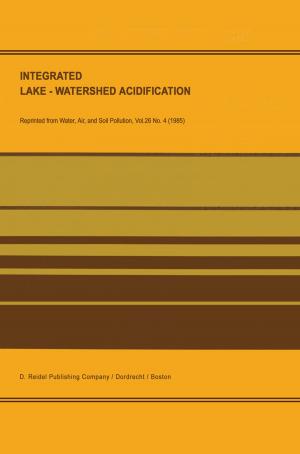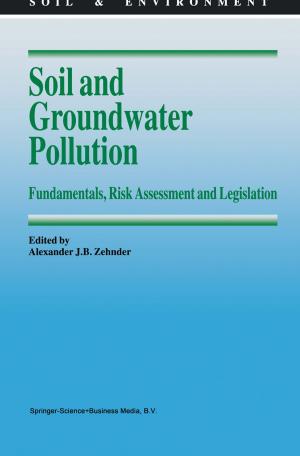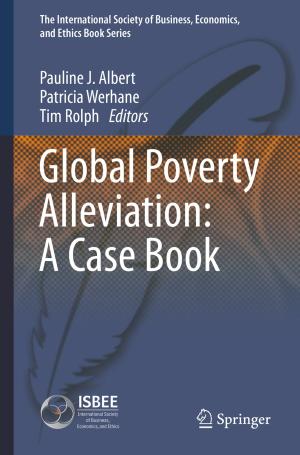Economics of Natural Resources, the Environment and Policies
Nonfiction, Science & Nature, Science, Biological Sciences, Environmental Science, Technology, Business & Finance| Author: | E. Kula | ISBN: | 9789401160377 |
| Publisher: | Springer Netherlands | Publication: | December 6, 2012 |
| Imprint: | Springer | Language: | English |
| Author: | E. Kula |
| ISBN: | 9789401160377 |
| Publisher: | Springer Netherlands |
| Publication: | December 6, 2012 |
| Imprint: | Springer |
| Language: | English |
The economic activities of humanity, particularly during the last couple of cen turies, have had a profound impact on the natural environment. Fast depletion of the world's forest resources, fish stocks, fossil fuels and mine deposits have raised many moral as well as practical questions concerning present and future generations. Furthermore, a number of global environmental problems such as acid rain, the 'greenhouse effect' and depletion of the ozone layer are causing concern throughout the world. What does economics say about the exploitation of nature's scarce resources? This book, which is a much expanded version of an earlier publication, Economics of Natural Resources and the Environment, aims mostly at final-year undergraduates reading subjects such as economics, business studies, environ mental science, forestry, marine biology, agriculture and development studies. There is also a good deal of material - especially in the chapters on fisheries, forestry, valuation and discounting - that post-graduate students may find useful as stepping-stones. The material presented stems from my lectures to final-year students at the University of Ulster during the last 12 years, and some of my ongoing research work. When I moved to Northern Ireland in 1982 I was given a course called 'Economics of Exhaustible Resources' to teach. This has changed its title and focus a number of times along with the structure of the University. My early reading lists included a number of journal articles and books written on the sub ject.
The economic activities of humanity, particularly during the last couple of cen turies, have had a profound impact on the natural environment. Fast depletion of the world's forest resources, fish stocks, fossil fuels and mine deposits have raised many moral as well as practical questions concerning present and future generations. Furthermore, a number of global environmental problems such as acid rain, the 'greenhouse effect' and depletion of the ozone layer are causing concern throughout the world. What does economics say about the exploitation of nature's scarce resources? This book, which is a much expanded version of an earlier publication, Economics of Natural Resources and the Environment, aims mostly at final-year undergraduates reading subjects such as economics, business studies, environ mental science, forestry, marine biology, agriculture and development studies. There is also a good deal of material - especially in the chapters on fisheries, forestry, valuation and discounting - that post-graduate students may find useful as stepping-stones. The material presented stems from my lectures to final-year students at the University of Ulster during the last 12 years, and some of my ongoing research work. When I moved to Northern Ireland in 1982 I was given a course called 'Economics of Exhaustible Resources' to teach. This has changed its title and focus a number of times along with the structure of the University. My early reading lists included a number of journal articles and books written on the sub ject.















